The Choir’s been off to a rapid start this year with the preparation for our Fall Concert, entitled Bach, Brass, and Beyond. Members of the Bach Choir Family may recall that we had to postpone last year’s much-anticipated Spring Concert when our beloved conductor sustained injuries from a fall. The Choir members and the Board of Managers agreed that this was to be a postponement rather than a cancellation – this was (and is) music we want our audience to hear! I’m pleased to report that Greg is completely recovered and in fine form to lead this formidable concert.
This concert was designed to present music by composers who inspired Bach, and composers who were, in turn, inspired by Bach. The performing forces for this concert will include The Choir and a large brass ensemble with percussion, so listeners will hear a completely different set of sonorities than those of our typical concerts, accompanied by baroque orchestra. The program will include a large, polychoral composition by the 16th century Venetian master, Giovanni Gabrieli, In Ecclesiis. This piece will transport listeners to the church of San Marco, in Venice, with its multiple galleries and ornate interior. This is sweeping, grand music, and music that Bach later emulated, albeit in his own way, with several pieces for double choir. The choir is divided into three, with a semi-chorus of sopranos, and two four-voice choirs, along with six brass parts and organ. These forces combine into a veritable wall of sound, at times very florid, and always rich and sonorous. The concert continues with the Echo Chorale, a setting of Psalm 100, by early baroque composer, Heinrich Schütz. In this piece, again for double choir, the two choirs will sing back and forth to one another from the chancel and gallery of the church, with the audience in the middle, in a kind of 17th century surround sound. Bach’s Cantata 118, a brief but sublime, one-movement funeral piece, will be offered next. Bach composed two arrangements for this piece, one for strings and winds, and another for just winds (the former for use in church, the latter for processions to the graveyard). We will be singing the winds-only arrangement, which has an amazing, almost Brahms-like richness to it. This piece hearkens back to the polyphony of the Renaissance masters like Palestrina and da Victoria, while simultaneously anticipating the linear quality of romantic-era choral composers, like Brahms, Rheinberger and Bruckner. Each voice part is completely independent, and then the brass accompaniment is overlaid to create an almost painfully beautiful whole. “O Jesus Christ, my life’s light,” is indeed suffused with rich autumnal light, and this piece pulses gently, as if impelled by a calm and loving heartbeat.
Cantata 118 serves as a pivot from the past to Bach’s future. A number of pieces by 20th century composers will continue the program. With The Poem Hèroïque of Marcel Dupré, we journey to a vast French cathedral. It is a thrilling powerhouse for brass, organ, and percussion. Dupré was a famous French organist and composer, as well as a devoted student of Bach’s music. He edited a version of Bach’s organ works, and also wrote a series of study pieces as companions to Bach’s Orgelbüchlein. Dupré’s music is quite difficult, and, as it takes complete advantage of the tonal palette of the 20th century organ, this will be a fantastic opportunity for Assistant Conductor and Organist Tom Goeman to put First Presbyterian’s large pipe organ through its paces. The lovely Mutations from Bach by Pennsylvania composer Samuel Barber will follow the Dupré. This is a beautiful setting and musical extrapolation of a chorale arrangement by Bach.
The largest work on the program is a setting of an early text about Judgment Day by the 20th century master, Paul Hindemith. Hindemith was a big Bach devotee – he founded Yale’s Collegium Musicum, an ensemble that explores early music, and offered homage to Bach in several of his compositions. I like to think of Hindemith as a musician’s musician – he could play just about every instrument at a virtuoso level, and that definitely shows in the expectations for performers in his compositions. His CV includes a treatise on composition and a short book with the unintentionally-hilarious title of Elementary Training for Musicians, the bane of ear training and conducting students everywhere. The Apparebit Repentina Dies is one of the most technically challenging compositions I’ve ever sung. The brass parts are similarly daunting, and The Choir’s been hard at work on this composition (including sessions over our summer hiatus entitled “Remember the Apparebit”). Bach’s influence on Hindemith is easily discerned in this piece. Hindemith uses several contrapuntal techniques that will be familiar to Bach fans, including a massive double fugue in the first movement, and a constantly evolving passacaglia (a sort of theme and variations) in the third – what may be surprising to listeners is the way Hindemith takes these very old techniques and makes them new. As befits its subject, the Apparebit provides performers and audience alike with 20 minutes of sonic fireworks. Hindemith’s music snarls, declaims, evokes fear and trembling, as well as majesty and peace – all with an unyielding sense of musical creativity and skill. From the opening fugue for brass, with crackling flares of descending chromaticism (all twelve pitches in an octave on the piano) from the four french horns, to the soft whispers of the concluding chorale, this is thrilling music of the highest quality, and we’re delighted to bring this rarely-performed masterpiece to life for our audience.
The program will conclude with two settings of the much-beloved hymn, Praise to the Lord, the Almighty. The first, by Bach: a buoyant and cheerful setting from his Cantata 137. The second is a festival setting by John Rutter, and will including an opportunity for the audience to join in the singing. This concert will, indeed, be a rousing choral celebration, and I know the audience will want to join in the fun!
Below is a YouTube from last spring (before the postponement) of Greg Funfgeld discussing the program. Tickets are still available – please join us for what promises to be a fantastic afternoon of music-making!
[youtube=http://www.youtube.com/watch?v=JZ5V0Tr9BXc&fs=1&hl=en_US]















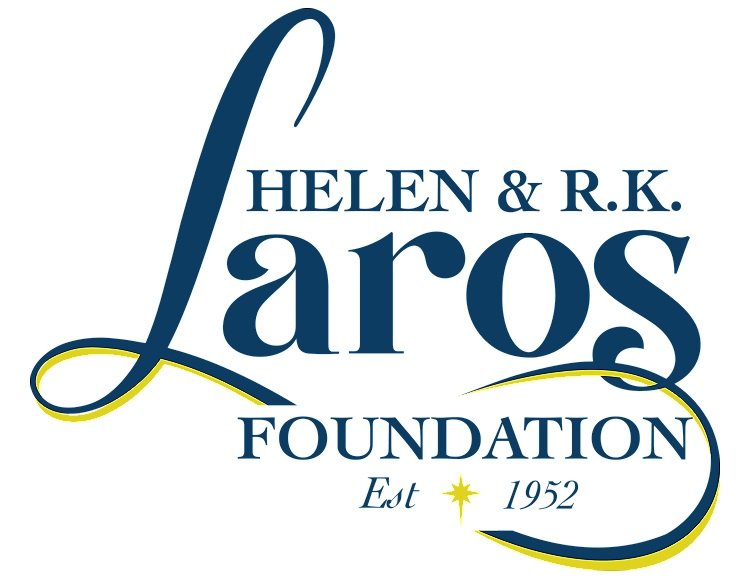
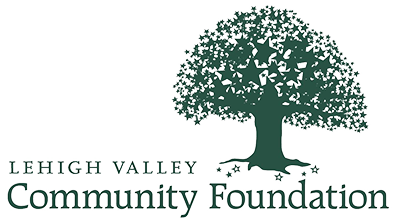

















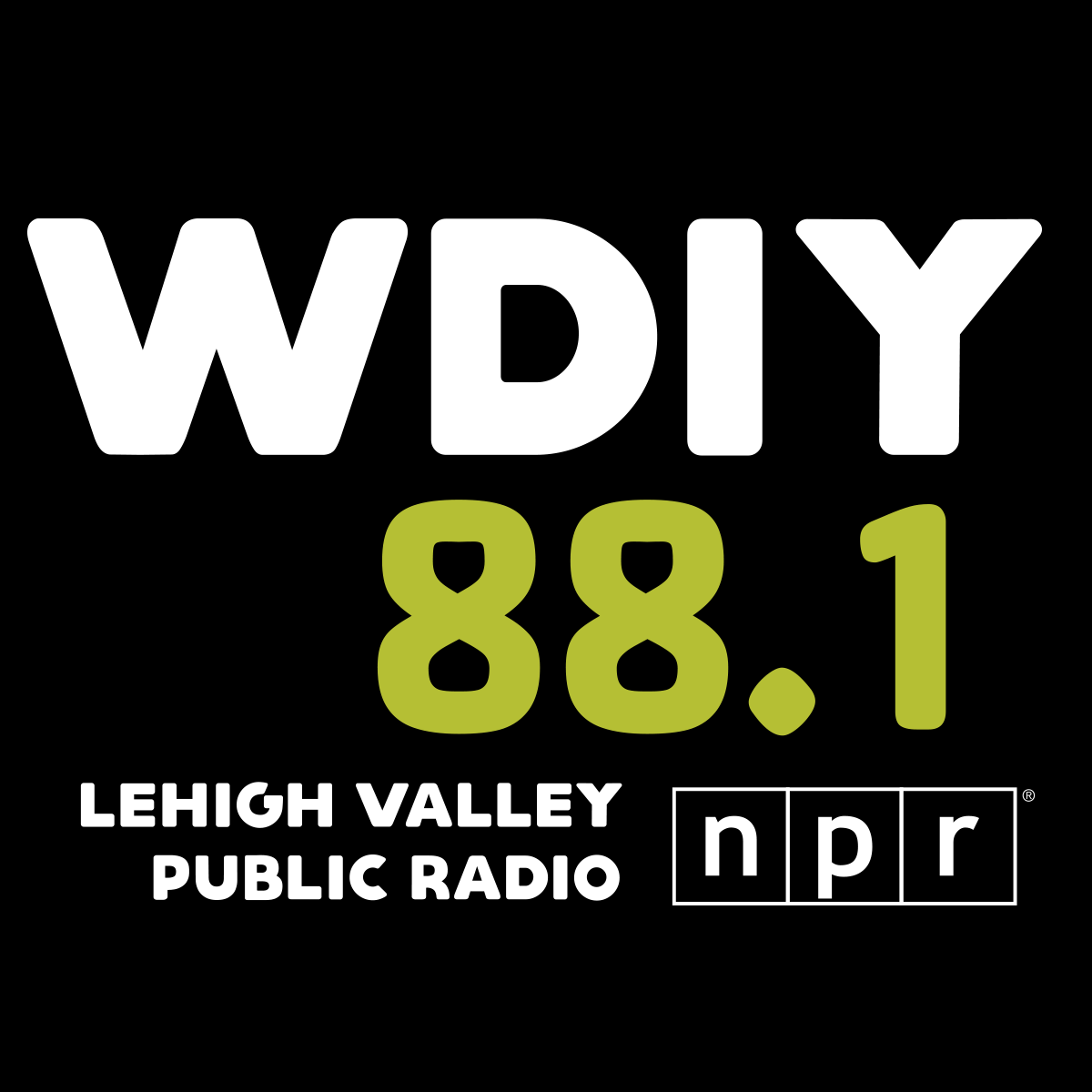
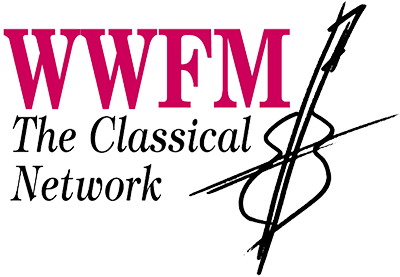



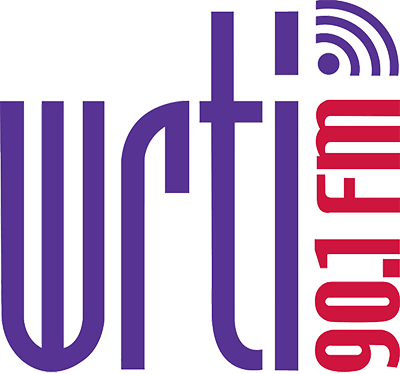


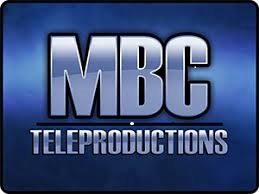
One thought on “Bach, Brass & Beyond: A Choral Celebration”